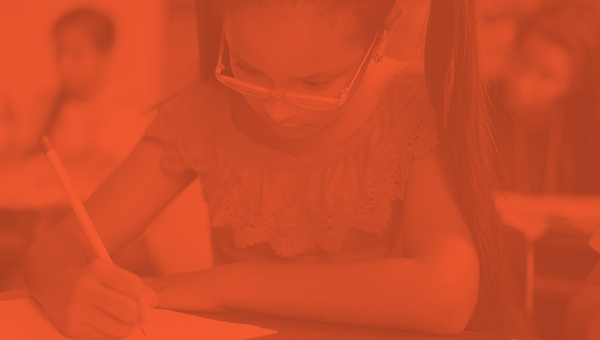
The end of the school year is always a mixed bag of emotions. Let’s face it. You are exhausted. You want to do all those cute end of year things you find on the internet, but you don’t have the energy. You are sad knowing these children will ‘belong’ to someone else in the fall. For a few of them, you know if you could have just a few more days or weeks with them, they would break through. You are excited for a few months of recharging yourself, all the while knowing that some of your hard work will be forgotten over the summer months. You feel conflicted because some children need support over the summer, but you realize it’s also their time to recharge. That dreaded summer slide. That realization that some of your students will come back in the fall not where they were when they left you, maybe a little lower. You want to run and tell the next teacher, “He or she really could do that at the end of the year! I don’t know what happened!” Or do they really come back actually lower? Or maybe we should ask ourselves, lower doing what?
In his blog, Facts and Fiction About the So-Called “Summer Slide” Do children really learn less during summer vacation? Less of what? psychologist Peter Gray, Ph.D., research professor at Boston College, and author of Free to Learn poses fascinating research. Gray states, “Very often people writing about the summer slide seem to assume that the only learning that is important is learning that occurs in school and is measured on school tests. It’s amazing to me how often this assumption goes unchallenged.” Part of the research found that while math calculation declined over the summer, actual math reasoning improved. Gray goes on to argue that “For schoolchildren, summer is a time for immersion in real life. School, at best, prepares children for more school. Real life prepares children for real life.” To be fair, Gray does acknowledge that research has shown that students of poverty gain less and lose more over the summer, on tests, than do students not from poverty.
In another essay, The Culture of Childhood: We’ve Almost Destroyed It Gray discusses the importance of preserving childhood and all that is learned by interacting/playing with others particularly other children. Here are just a few of the valuable things learned: authentic communication, getting along with others as equals, creating and understanding the purpose and modifiability of rules.
What if ReadyRosie could provide your families with 10 weeks of activities that not only supported children over the summer but allowed children to learn in real life, preserving the culture of childhood? WE CAN! This summer, ReadyRosie is excited to offer our 10 week Summer Soar for children. There are 10 weeks of Summer Soar playlists for Prek and 10 weeks of playlists for elementary. These playlists not only give support to children but get them playing and interacting with their families as well as supporting social and emotional learning. Here are just of few of the themes for ReadyRosie’s Summer Soar Adventure: Have fun playing and solving problems with others! Enjoy reading and telling stories together! Get up and get moving! Spend time together in the kitchen! Write down your favorite summer memories! Get your routines ready for the new school year!
Students are encouraged to write a letter to their families at the end of school or you may use the letter we provide. At the end of the summer, students may bring their Summer Soar Adventure game board back for a sticker, a certificate, a button or even a hug!
So, a deep breath! Enjoy your classes at this crazy time of year. Know that ReadyRosie has the summer covered!
